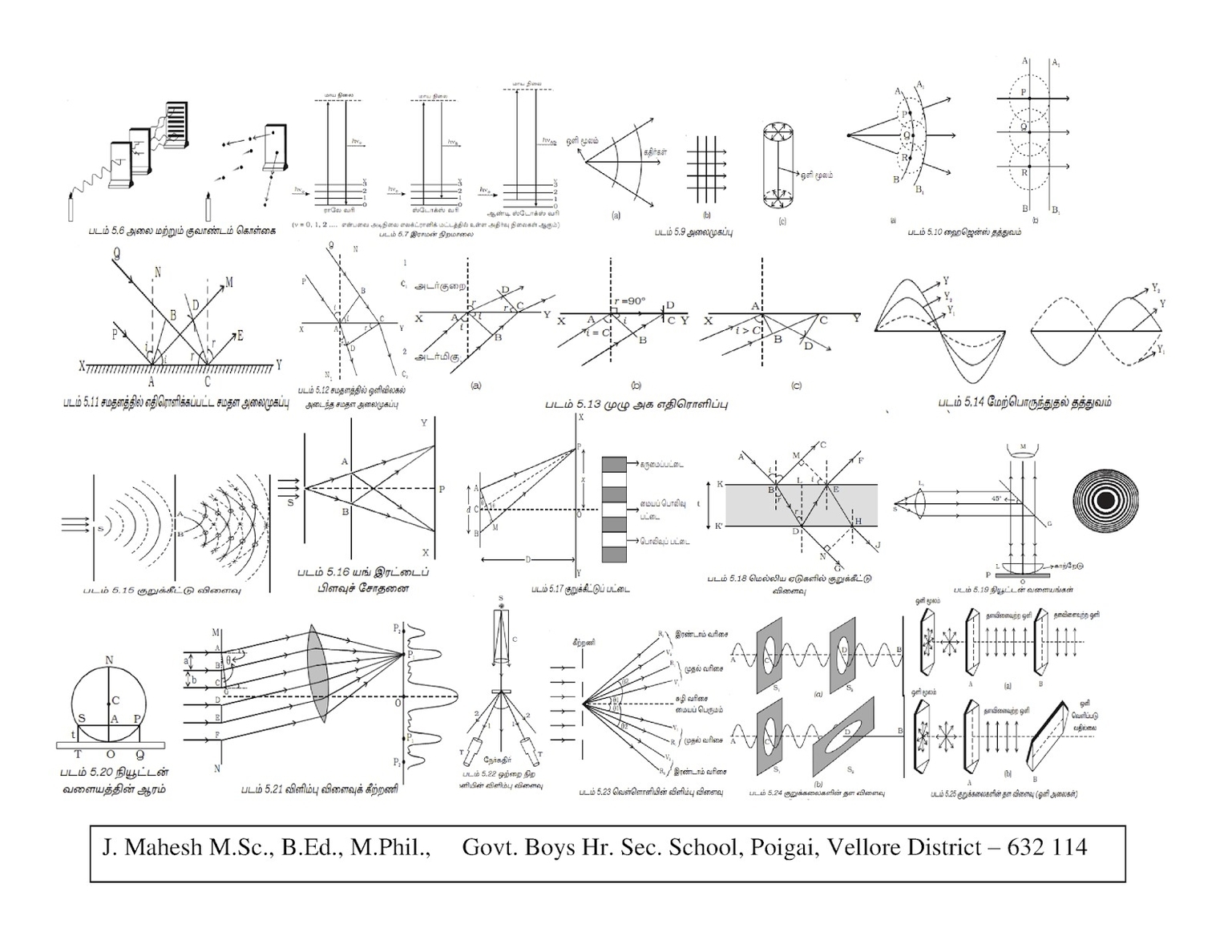
Physics is a branch of science that deals with the study of matter, energy, and their interactions. It is a fundamental science that seeks to explain the natural phenomena that occur in the universe. The study of physics has led to many technological advancements that have transformed the world we live in today.
The field of physics is vast and encompasses many subfields. Some of the major subfields of physics include mechanics, thermodynamics, electromagnetism, optics, and quantum mechanics. Mechanics is the study of motion and the forces that cause motion. Thermodynamics is the study of heat and temperature and their relationship to energy. Electromagnetism is the study of electric and magnetic fields and their interactions. Optics is the study of light and its properties. Quantum mechanics is the study of the behavior of matter and energy at the atomic and subatomic level.
The study of physics is important because it helps us understand the world around us. It provides us with a framework for understanding the laws of nature and how they govern the behavior of matter and energy. Physics has led to many technological advancements that have transformed the world we live in today. For example, the development of the transistor, which is a key component of modern electronics, was made possible by the discovery of quantum mechanics. The study of physics has also led to the development of technologies such as lasers, nuclear power, and medical imaging.
In summary, physics is a fundamental science that seeks to explain the natural phenomena that occur in the universe. It is a vast field that encompasses many subfields, including mechanics, thermodynamics, electromagnetism, optics, and quantum mechanics. The study of physics is important because it helps us understand the world around us and has led to many technological advancements that have transformed the world we live in today.
